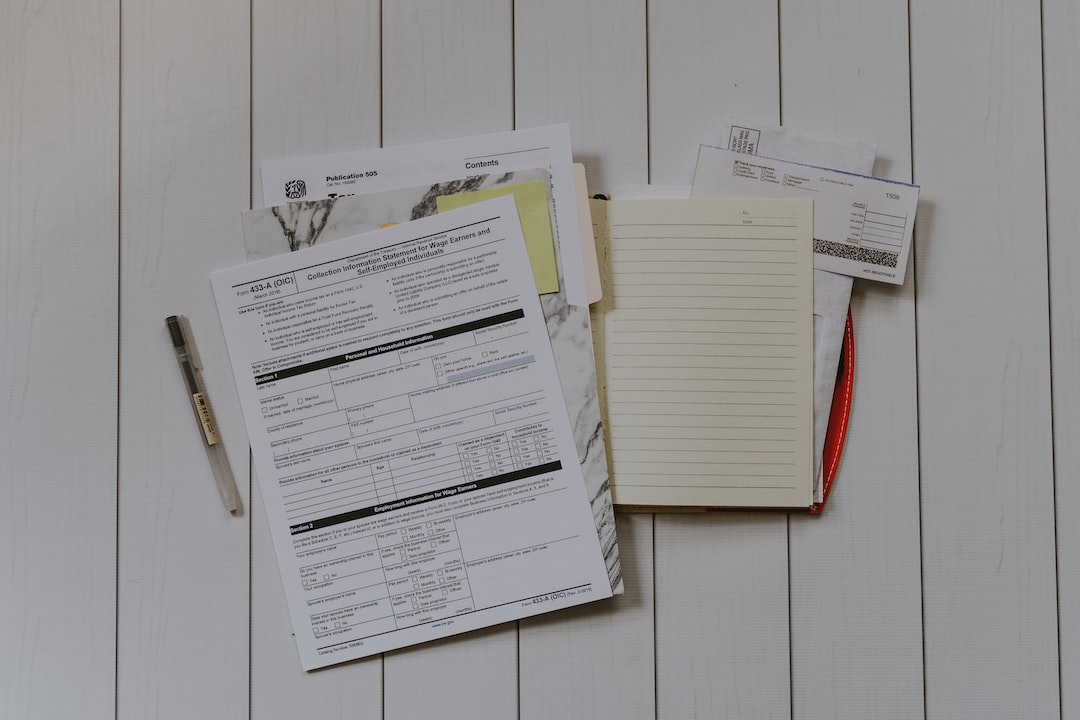In today’s uncertain world, it is more important than ever to have an emergency fund as part of your financial planning. An emergency fund is a dedicated pool of money set aside to cover unexpected expenses or income disruptions. It acts as a financial safety net, providing peace of mind and protection against unforeseen events.
One of the main reasons emergency funds are so crucial is that life is unpredictable. No matter how carefully you plan or budget, unexpected circumstances can arise at any time. Whether it is a sudden medical expense, a job loss, or a major car repair, having an emergency fund ensures that you are prepared to handle these financial setbacks without going into debt.
Without an emergency fund, you may find yourself relying on credit cards or high-interest loans to cover unexpected expenses. This can lead to a cycle of debt and financial stress, which can have long-lasting negative effects on your overall well-being. By having a sufficient emergency fund, you can avoid these costly borrowing options and maintain financial stability during challenging times.
Another important aspect of emergency funds is the ability to handle income disruptions. In today’s fast-paced and unpredictable economy, job loss or reduction in work hours is not uncommon. This can result in a significant decrease in income and make it difficult to cover everyday expenses. An emergency fund can cushion the blow during these times, providing a temporary source of income until you are able to regain financial stability.
Moreover, emergency funds can also support your long-term financial goals. By having this safety net in place, you can continue to save towards retirement, pay off debt, or invest, without worrying about unexpected expenses derailing your progress. It provides a sense of financial security, empowering you to make sound financial decisions and take calculated risks.
When it comes to building your emergency fund, it is recommended to save at least three to six months’ worth of living expenses. This may sound daunting, but it is achievable through careful budgeting and prioritizing savings. Start by setting aside a fixed amount from each paycheck, making it a non-negotiable expense just like any other bill. Automating your savings can also be helpful, as it ensures consistency and eliminates the temptation to spend the money elsewhere.
In conclusion, emergency funds are an essential component of financial planning. They provide a safety net against unexpected expenses and income disruptions, and help you maintain financial stability during challenging times. By having an emergency fund in place, you can protect yourself from unnecessary debt, maintain progress towards your long-term financial goals, and gain peace of mind knowing that you are prepared for whatever life throws your way.

